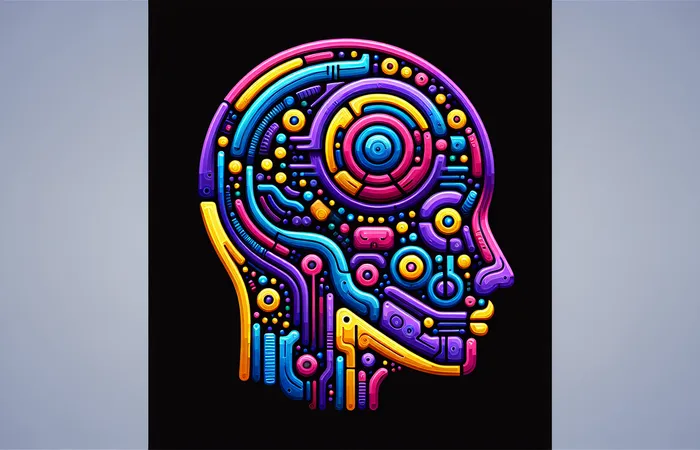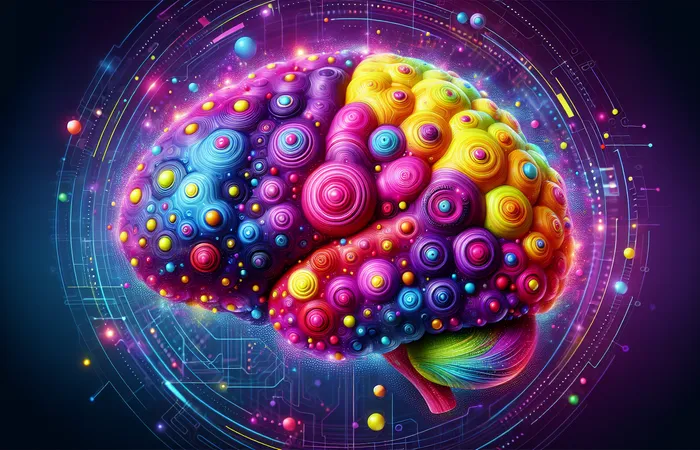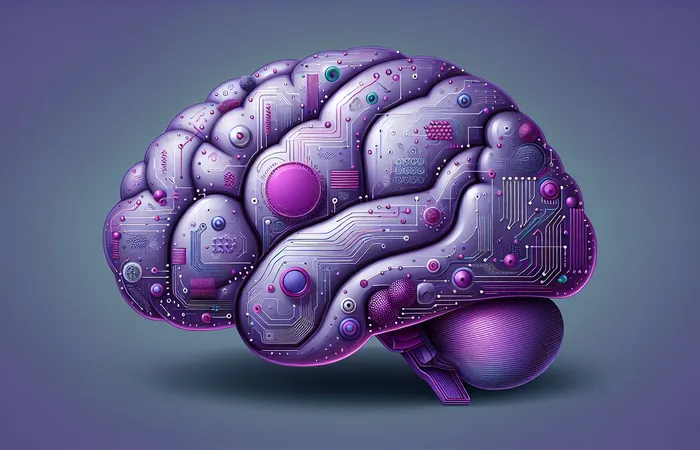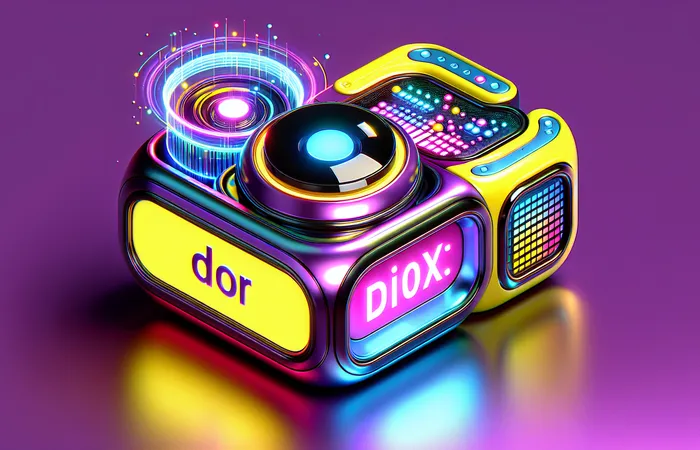Soft Skills: The Competitive Edge in the AI Age

In an era dominated by artificial intelligence (AI), honing soft skills is more crucial than ever. Discover how mastering these can boost your career and complement technological advancement.
Understanding the Role of Soft Skills in the AI Age
In today's rapidly transforming professional landscape, dominated by technological innovations, the importance of soft skills is often underestimated. While hard skills and technical expertise are vital, soft skills such as interpersonal communication, empathy, and emotional intelligence have emerged as critical differentiators in the workplace. As industries across the globe integrate AI and automation, the synergy between technology and soft skills can propel professionals to new heights.
The shift towards a more automated workplace necessitates the development of soft skills. A machine may outperform a human in computational tasks, but when it comes to nuanced interactions that require empathy, ethics, and emotional intelligence, humans have an incomparable advantage. These skills become essential as roles and demands evolve, bridging the gap between technological proficiency and effective human interaction.
Skill5 Academy offers myriad courses designed for upskilling individuals in these very competencies, ensuring alignment with current industry needs.
Why Soft Skills Matter More Than Ever
Soft skills are not just about being congenial or approachable; they play a substantial role in fostering a productive and harmonious work environment. Here's why these skills are indispensable in the AI age:
- Enhancing Team Collaboration: As AI takes over repetitive tasks, employees can focus on more creative and strategic endeavors, requiring effective communication and teamwork. Soft skills like active listening and negotiation become pivotal.
- Leadership and Management: In the age of AI, leadership transcends technical know-how. Leaders with strong emotional intelligence inspire teams and drive change, capitalizing on technology's potential while maintaining human connection. These attributes are foundational in leadership development.
- Customer Relations and Trust Building: Although AI can handle customer service functions, building trust and maintaining long-term client relationships necessitate human interaction. Soft skills help professionals empathize with clients, understand their needs, and provide personalized solutions.
- Adaptability and Resilience: The integration of AI means dynamic working environments. Professionals who exhibit adaptability can pivot with changing technologies and roles. Resilience, a vital soft skill, aids in navigating these transitions smoothly.
Balancing AI and Human Interaction
As organizations integrate AI, a common misconception is that machines will replace humans across the board. In reality, AI should be viewed as a tool that complements and enhances human capabilities, not as a replacement.
- Human-AI Collaboration: Companies must foster an environment where AI and human skills blend seamlessly. AI can handle data-driven tasks, allowing humans to engage in problem-solving processes where their creativity and empathy shine.
- Training Technology Integration: Modern training technology should be leveraged to enhance the human workforce's capabilities, supporting the development of both hard and soft skills. AI-powered platforms like Skill5 are designed to foster such integration, providing a tailored learning experience that enhances personal and professional growth.
- Dynamic Learning Environments: Remote work and hybrid structures are part of the new normal. In these settings, soft skills are integral to maintaining productive team dynamics and ensuring clear communication. Organizations must support this learning culture by facilitating continuous skill enhancement through platforms like Skill5 Academy.
Implementing Soft Skill Development Strategies
For both individuals and organizations, actively pursuing soft skill development is essential. Here are actionable strategies to consider:
- Continuous Learning: Commit to ongoing education that emphasizes soft skill development. Platforms like Skill5 Academy offer courses tailored to enhance these skills, driving competitiveness in the workplace.
- Feedback and Reflection: Cultivate a practice of regular feedback. Self-assessment and peer evaluations highlight areas of improvement in communication and collaboration.
- Mentorship and Coaching: Engage in mentorship opportunities to gain practical insights on soft skills application. Learning from seasoned professionals can provide new perspectives and growth opportunities.
- Collaborative Projects: Participation in cross-functional teams and projects improves soft skills naturally, offering real-world experiences of collaboration, conflict resolution, and cultural sensitivity.
The Future of Work: Merging Humanity with Technology
As the future of work continues to evolve, companies and professionals must acknowledge the synergy between AI and soft skills. Organizations that prioritize upskilling and reskilling their workforce will maintain a competitive edge. Employees should embrace lifelong learning, evolving alongside technological trends without losing the essence of what makes us human.
The AI age is not about choosing between machines or humans, but rather about maximizing the potential of both. By harnessing the power of soft skills alongside technological advancements, we secure a future where human intuition and creativity work in harmony with machine efficiency, enhancing productivity and creating a balanced, innovative work environment.



